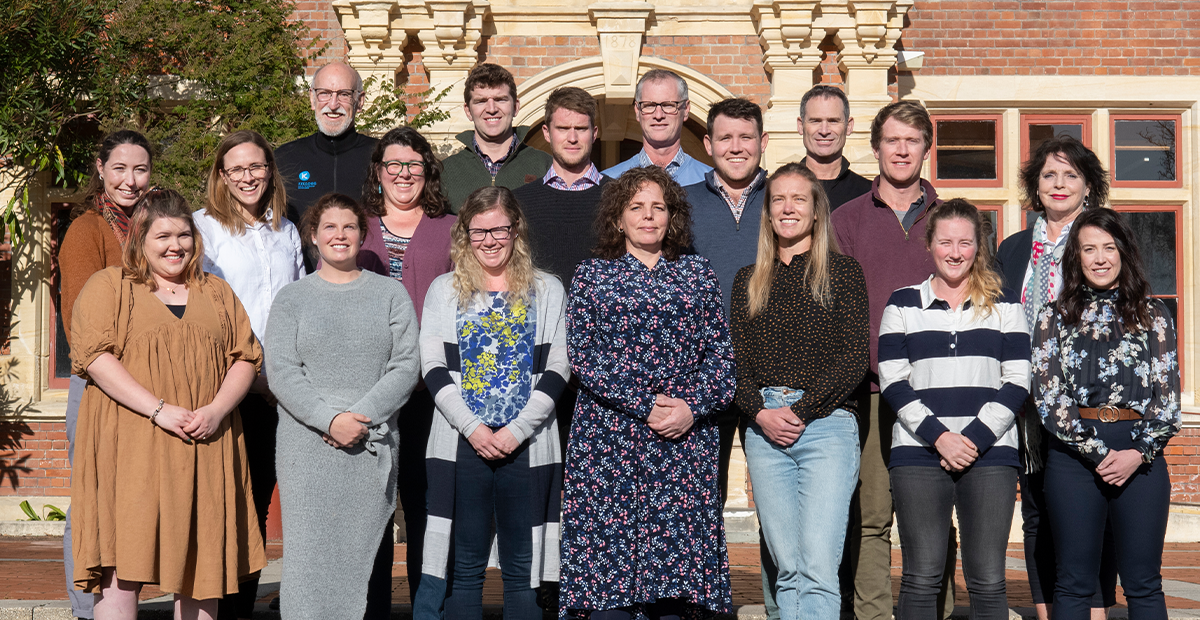

A health check of women in the Kiwifruit workforce.
This report aims to provide a health check of female representation in the New Zealand Kiwifruit workforce. With a literature review, data analysis and commentary made by leaders across different sectors and businesses within the industry.
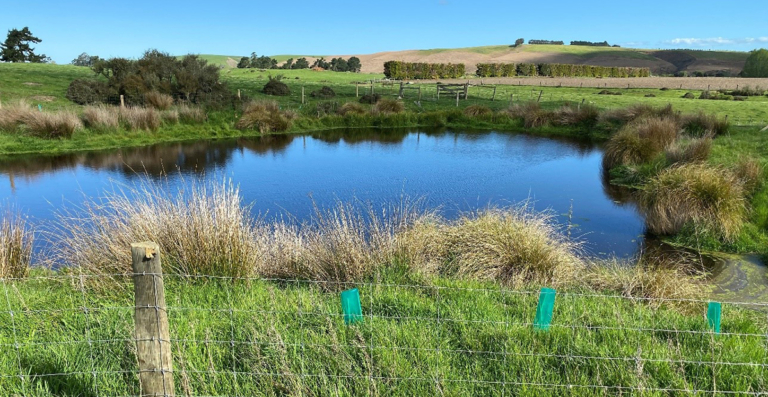
Accessing consumer willingness-to-pay for environmental action on farm.
While some farmers can seek added value for their products by trading directly with the consumer, many are operating a business model where they supply processors and rely on them to access and pass on added value from marketing particular credence attributes to consumers.
Are consumers willing to pay for environmental action on- farm,
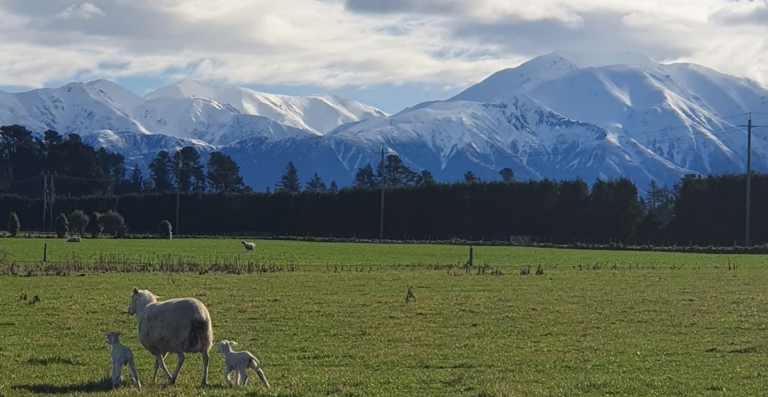
Capturing value on-farm.
Coinciding with the growing consumer market, is a risker macro-economic environment where farmers are subjected to tighter margins on commodity markets. Short value chains present opportunities to diversify risk through accessing alternative markets, equity growth without a dependence on acquiring more land, and a way to include more family members in the family farming business.
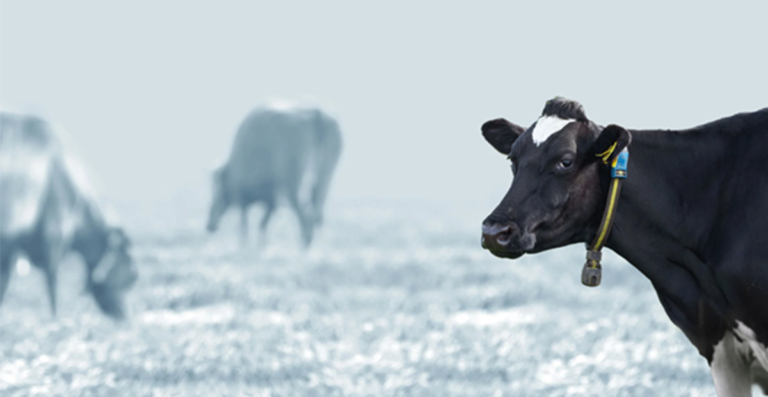
Early Implementation and the Future of Individual Cow Monitoring Technology in the New Zealand Dairy Industry.
Recent and ongoing improvements have produced large-scale, commercially viable individual cow monitoring technologies that can significantly reduce the workload on farms as well as increase animal performance and health measures.

Fixing the “Broken Rung”.
This report explores the connection between confidence and career progression for our future female leaders. It aims to understand how we can instil confidence in our future female leaders to encourage them into their next role.
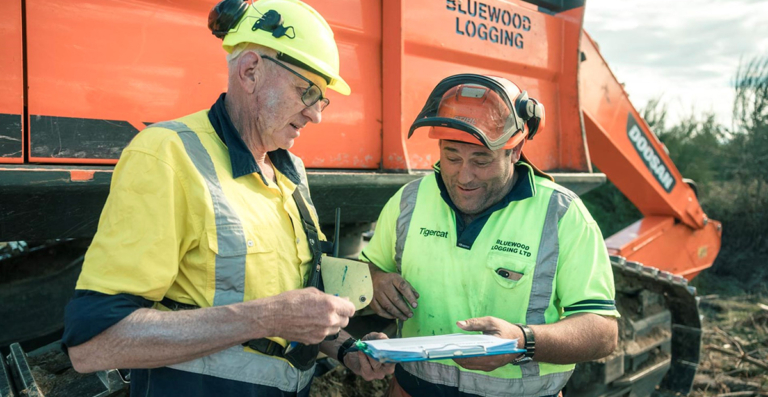
From knowing to implementing.
This research report attempts to answer the question “how to support and achieve environmental compliance in a world of change?
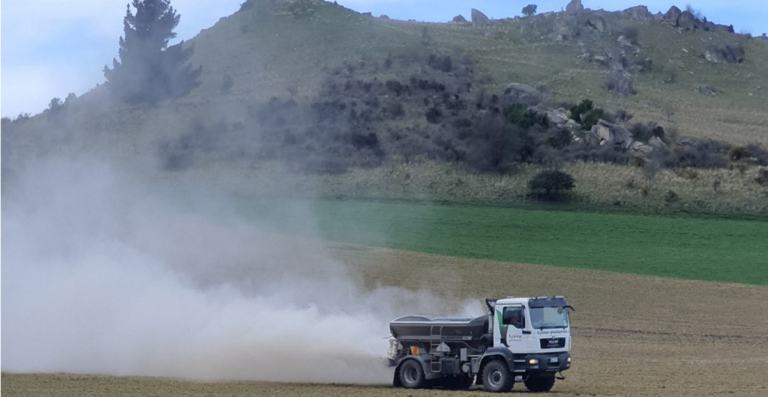
How Can We Help?
This report aims to understand how the groundspread industry can support the New Zealand food and fibre sector during a period of increased regulation and reform. The sector is on track to achieve an export target of $64b by 2025 on less land than ever while caring for the environment on which we all rely.
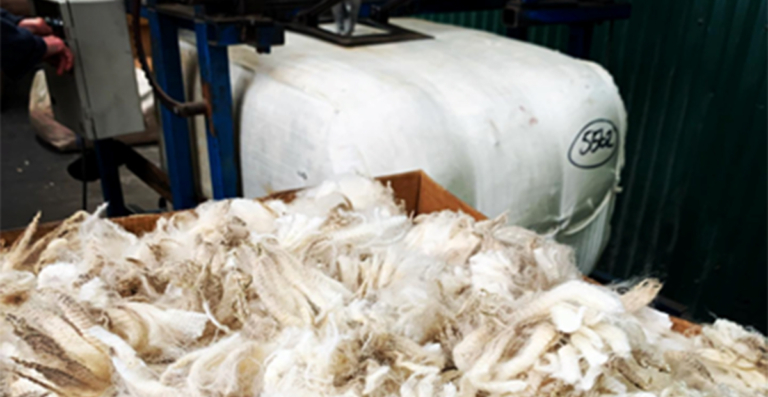
How does Tracing a New Zealand Mid-Micron Wool Clip Impact a Grower’s Farming System?
The aim of this project is to understand the entire supply chain of mid-micron wool, and how growers adapt their business to suit this chain. The research seeks to establish if there is a premium for a traceable wool clip, and who in the chain absorbs the benefit if there is one. Having a passion
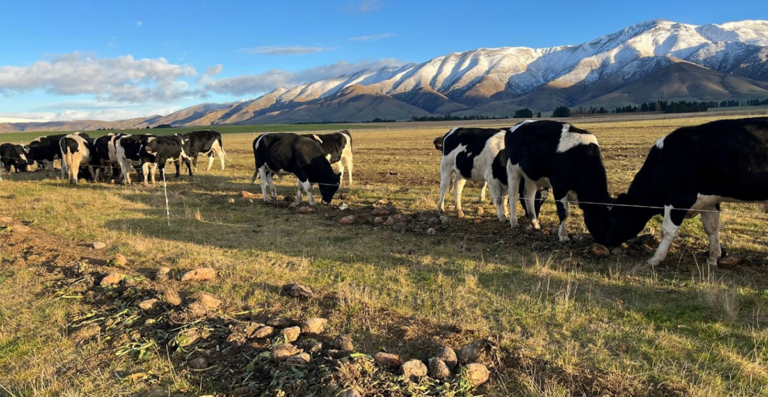
Keeping our farmers passionate in challenging times.
The target for my research report is to answer the question; how do we keep farmers passionate about farming when they are up against immense amounts of environmental policy change from our current government but more specifically, intensive winter grazing.
From my report findings I am hoping to identify key areas to help farmers

Opportunities to improve efficiency in the fresh produce supply chain.
We aim to answer three key questions: what are the challenges for the current fresh produce supply chain from the farm gate in New Zealand? What technology and supply chains exist today outside of fresh produce? And does a different, more efficient system fit in today’s fresh produce supply chain and would this be accepted
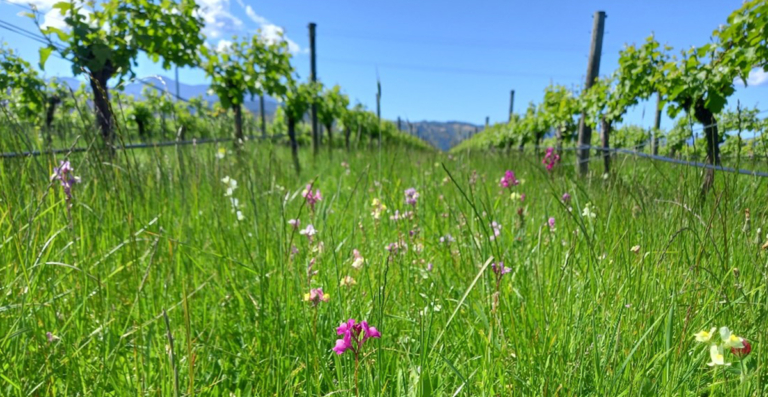
Regenerative Viticulture – the Answer to a Future-proofed New Zealand Wine Industry?
There is ever increasing pressure for food and fibre industries to be producing in a sustainable manner. Winegrowers are producing a ‘luxury’ item in comparison to food producers. Due to this the decisions and actions of the NZ wine industry need to protect the landscape in which they operate as well as their social license
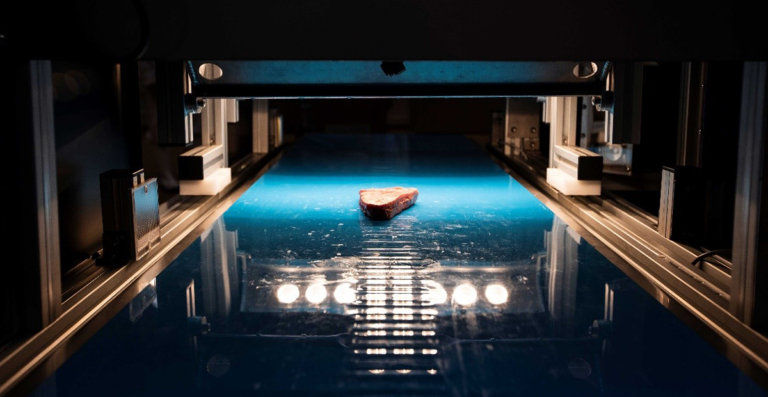
Research from the inside out.
This report aims to create a resource that will inform and inspire entrepreneurial researchers interested in commercialisation and aspiring founders of investigator-led research to give it a go and help them increase their chances of successful commercialisation of their research.
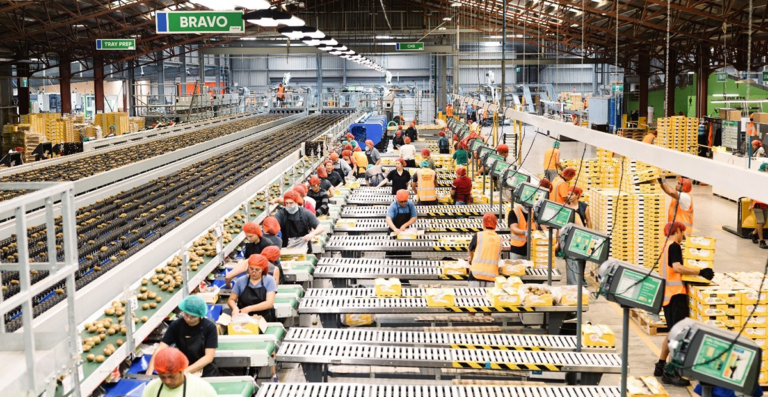
Team Building in a Seasonal Workforce.
Seasonal horticulture work requires a group of individuals from diverse cultures, work experiences, and employment motivations to form a team in a short period of time. Often in the span of a few days, these workers are recruited, divided into teams, trained, and put to work. Their success in quickly forming a high performing team
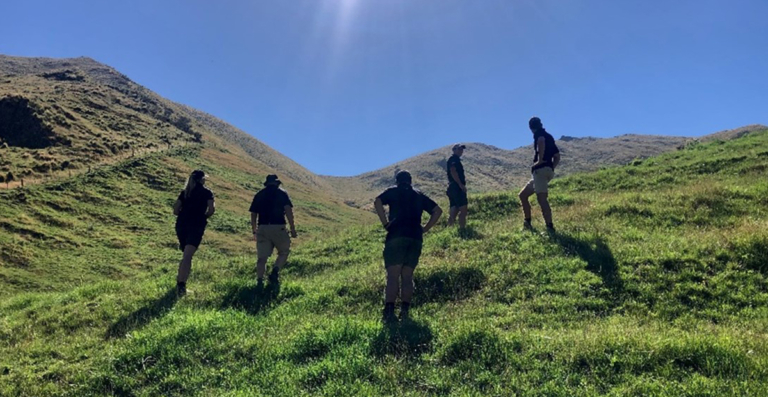
Thriving Early Career Development.
This study looked at what is important for thriving early career development for rural professionals in skilled technical support roles in agribusiness. It aimed to understand the options and designs for early career development and the key features of a successful graduate programme. The methodology included a literature review, followed by semi-structured interviews with 12
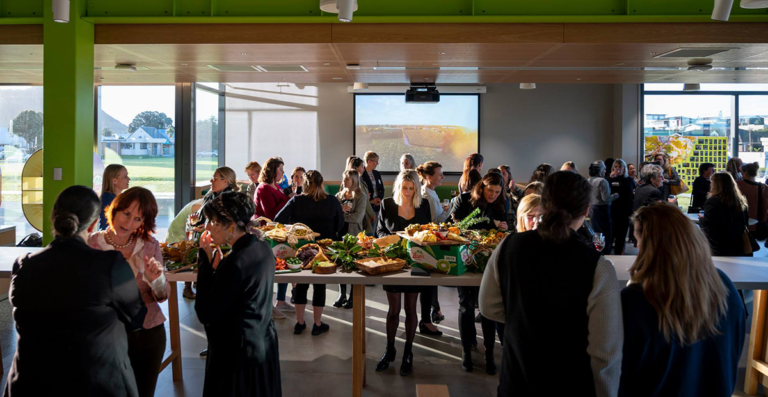
Where are our women?
This report was conducted to understand the current status of the representation of women in the Kiwifruit industry. Women contribute to increased levels of innovation, and better risk management.
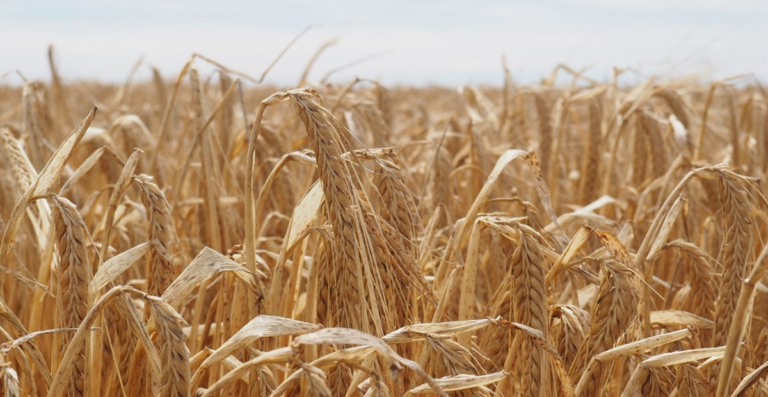
Where Does the Future Lie for the Arable Industry in Canterbury?
Changes in land use to dairy or dairy support and more extensive family farming operations buying up smaller operations have caused the number of arable farming businesses to decrease significantly over the last 20 years. Recent freshwater regulations now mean that converting to more intensive land uses is difficult. If profitability issues continue to worsen


























